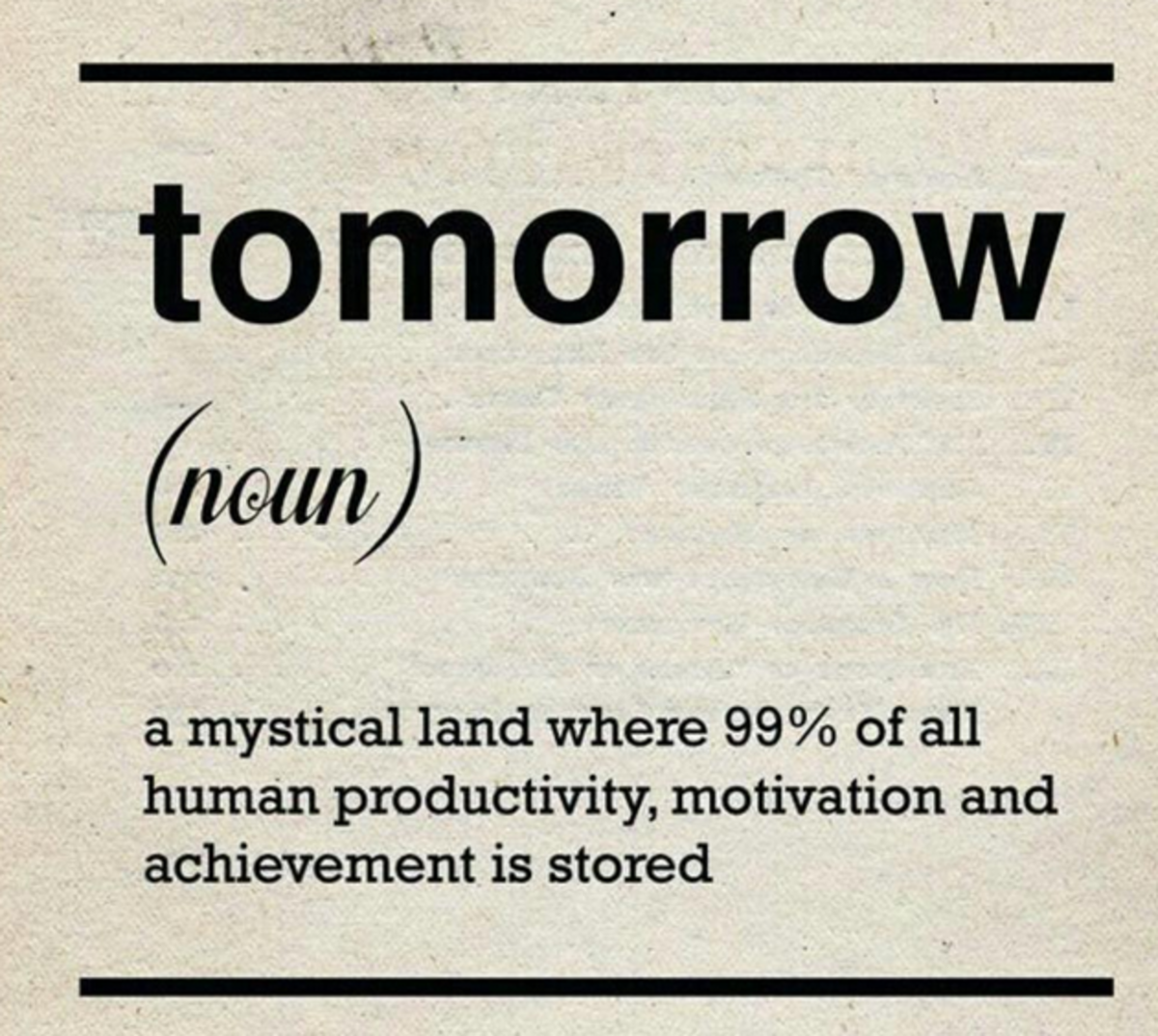Six Ways to Be Valuable and Indispensable at Work

1. Add Daily Value With Productivity
People fear losing their jobs during economic downturns, but productive individuals employed in industries that are always needed by the country, state, and city are less likely to be laid off.
Still, these individuals can add even more value to their work contribution with increased accuracy and output, increasing knowledge, adding new ideas, and using ongoing skill development options.
I am going to share some more good ways of avoiding the negative fallout from times like the Great Recession of 2008 - 2010 and the Great Pandemic Lockout of 2020 in America.
You can become so valuable to your company that you will be difficult to replace. The following ideas make up an effective strategy to make you indispensable to your current employer and a popular player that other companies wish they had on their teams. They will seek you out for advice on being an ideal employee.

These techniques and plans will build your reputation on the job into an image far above the average worker and will make you a standout in the employment market. Other workers will be wanting to follow your example.
If one job ends, you will most certainly find it easier to step into another with ongoing individual development working in your career. Never let that stop. If one job ends you may find yourself moving seamlessly into another job with the same company or receiving callas from other companies, based on your reputation for valuable work. This is what you want to happen in a successful career.
2. Make Some Connections
Make connections with a growing group of diverse people of a wide range of ages and interests. Isolating yourself will not help you to win your next job or promotion. You'll likely be left alone at work and in life.

3. Stay Updated. Stay Connected.
Continue networking from the time you get your first job as a teenager, until you die. Networking can help you find not only a new job, but new friends, new things to do in retirement, and even a good place to retire.
Whether or not you move smoothly into new jobs after layoffs may depend on your network of contacts and the people you have previously helped. Keep in touch with these people as long as you can do so.
Keep your resume updated and keep looking for work. Always be prepared for the next move, because business changes fast in the 21st century and you do not want to be overwhelmed if your job ends suddenly, your company goes out of business, it moves to another state, or you find that you need an advanced degree to continue in your present occupation.
LinkedIn is a work-related social media site that is among the top technology companies for growth nationally and worldwide. It has a free version and a premium version, so try the free version and begin to make connections.
4. Be Visible. Be Valuable.
On the job, continually think of ways to streamline work processes, save time, cut costs, and generate new revenues. This may result in the combining of some jobs, with resulting layoffs, but if you produced the cost savings plan, then you should be retained as a valuable employee.
Speak up and make yourself known. Be visible and available at work. If you sense layoffs, down sizing and money problems at work, avoid taking personal days or vacation time. If you go, it will prove that the company can get along without you. Come in first and leave last. Increase your production and effectiveness. Twice during recessions, I took over company units that were losing money because of mismanagement and waste, and showed a profit within 60 days. One of these companies was a restaurant chain and one was a social service corporation.
Broadcast your contributions effectively. Keep a Work Portfolio, and email progress memos to your supervisor and the boss, showing how you are cutting costs, increasing sales and profits, and coming up with effective new ideas. Now is the time to further your documentation, not to discard it. Make sure the right people know about you. You might volunteer to write for the company newsletter or to start one.
Work Portfolios are important to keep updated. They contain work samples, awards, reference letters, thank you letters, commendations, and more.




5. Be Proactive. Be Smart.
Expand your territory. Don't be a person that does only the minimum that he or she is told to do, but use initiative and stay effectively busy. The Five O' Clock Club (www.fiveoclockclub.com). can tell you something about expanding your territory and staying valuable on the job. Volunteer for additional responsibilities at work and learn new skills by accessing free online courses.
Ongoing Professional Development. Stay trained and keep training.Most companies are expecting Continuous Improvement from their employees, so workers need to keep becoming better at their work.
Companies lay off the least useful people - those whose skills aren't current.
Take online classes, go to school part-time, join trade organizations and the Chamber of Commerce. Remember: "Libraries will sustain us in times of no money better than money will sustain us in times of no libraries."
Companies lay off the least useful people - those whose skills aren't current.
6. Be Active. Be Shrewd. Be Employed.
Don't just complain; be proactive. Management wants people who can boost morale during tough times. Upbeat people are less likely to get laid off than people who actively dislike their work or the company. If you complain about work all the time and offer no solutions, perhaps you should go somewhere else. In addition, worriers are not nice to have around. They give the impression that they do not know what they are doing.
Start another, part-time career. Executives buy companies, especially based on technologies, at low prices during recessions and plan to hire during economic upswings. Learn all you can about technology and start a part-time job connected with it that might become full-time if you lose your "day job."
This article is accurate and true to the best of the author’s knowledge. Content is for informational or entertainment purposes only and does not substitute for personal counsel or professional advice in business, financial, legal, or technical matters.
© 2008 Patty Inglish MS MPH












